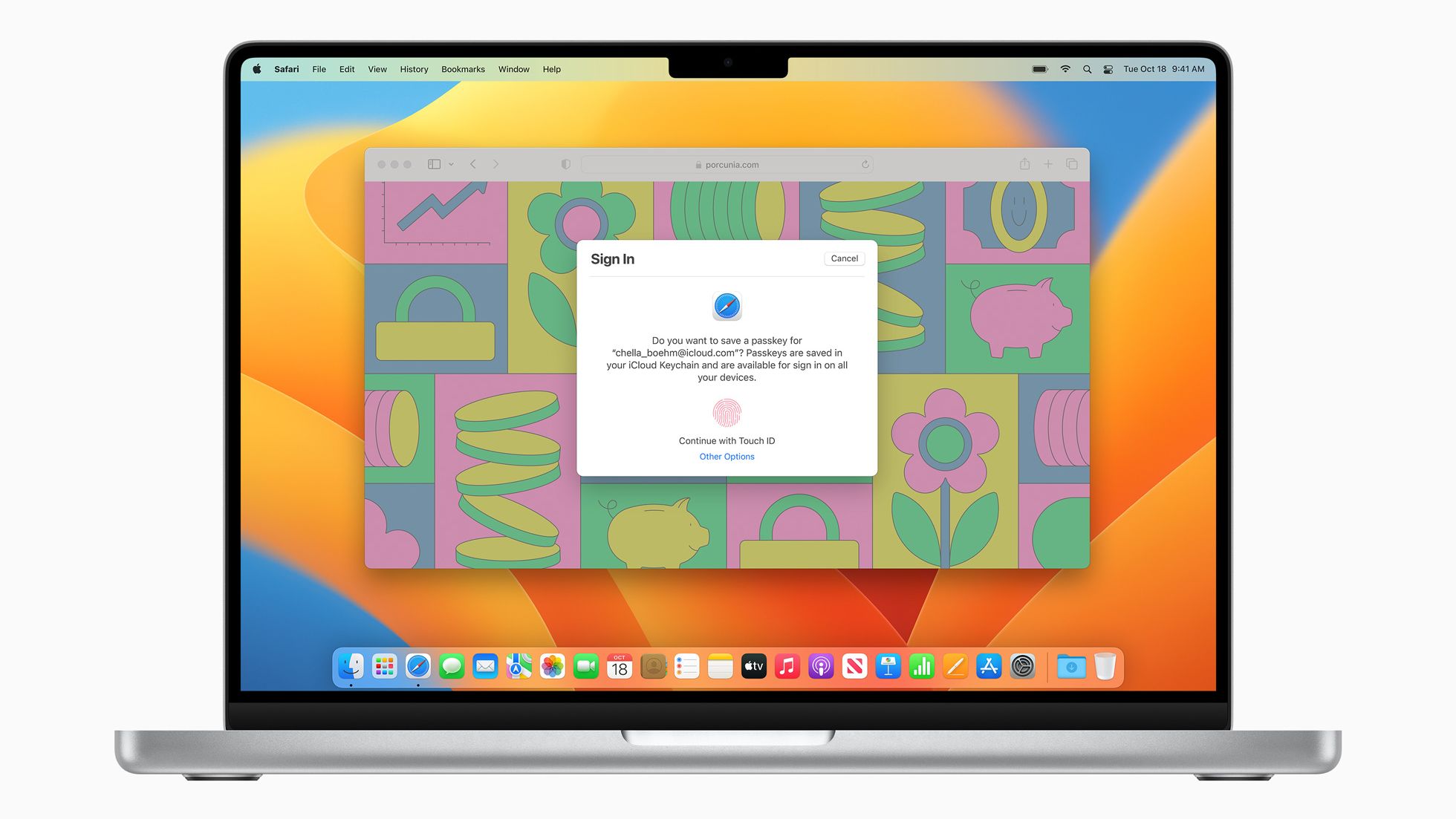Microsoft accused of ‘abusing its power’ in reseller revolt
Reseller ValueLicensing says recent efforts to push customers to cloud services have destroyed its business model


Stay up to date with the latest Channel industry news and analysis with our twice-weekly newsletter
You are now subscribed
Your newsletter sign-up was successful
A Derbyshire-based Microsoft reseller is suing the company for £270 million in damages for allegedly trying to destroy its business model by incentivising customers to migrate towards its cloud-based services.
ValueLicensing operates by purchasing second-hand perpetual Microsoft licenses, such as Office 2019 or Visio 2016, from companies that are either upgrading their IT estates or have declared insolvency. It then sells these on to other organisations at a discounted price, saving them money against purchasing first-hand licenses from Microsoft.
However, since 2016, Microsoft has been persuading companies to give up their licenses in exchange for discounts on its cloud-based services, rather than sell these on to companies like ValueLicensing, Softcorner, and Preo.
The effect is a reduction in the size of the used licenses market and a reduction in supply for Microsoft resellers, according to ValueLicensing founder Jonathan Horley, speaking to the Financial Times. This amounts to Microsoft “abusing its power” as it deprives businesses of the option of buying used IT services.
The firm is now seeking damages in the order of £270 million for loss of sales in the UK and the EU from 2016 to date, as well as interest, declaratory relief, other relief, and associated costs, according to a ValueLicensing spokesperson.
“Microsoft has sought, over the last several years, to shift its business model from selling perpetual licenses to selling periodic subscriptions,” the spokesperson told IT Pro. “Rather than paying once for perpetual licenses, with occasional paid upgrades or software assurance contracts, customers pay for subscriptions on a recurring basis.
“Since Microsoft 365 subscribers take Microsoft services (such as email and file hosting) as well as using Office applications, they provide Microsoft with greater opportunities further to increase its average revenue per user by up-selling those users to higher subscription tiers, additional functionality, additional services, and more storage. Offering cloud-based services to subscription customers also allows Microsoft to gather valuable data through its customers’ use of those services.”
Stay up to date with the latest Channel industry news and analysis with our twice-weekly newsletter
Speaking to the FT, Horley added that Microsoft has a highly lucrative incentive to remove the older perpetual licenses from the market, with customers having little choice but to move to its subscription model as a result.
RELATED RESOURCE

The developer has long been keen on transitioning more and more of its customers to its cloud-based services, such as the newly rebranded Microsoft 365. This suite encompasses the breadth of the firm’s workplace services, including Outlook and Teams.
Horley’s accusation that Microsoft is reducing the size of the used perpetual licenses market fits into the wider trends generally.
For instance, despite recently launching a standalone Office 2021 suite, Microsoft only plans to offer support for five years, excluding extended support, instead of the standard ten years it’s offered with previous releases. Office 2019, similarly, was launched with just five years of support. Pricing for Office Professional Plus, Office Standard, and individual apps will also increase by 10% for commercial customers against Office 2019.
IT Pro has asked Microsoft for comment.

Keumars Afifi-Sabet is a writer and editor that specialises in public sector, cyber security, and cloud computing. He first joined ITPro as a staff writer in April 2018 and eventually became its Features Editor. Although a regular contributor to other tech sites in the past, these days you will find Keumars on LiveScience, where he runs its Technology section.
-
 What might cause the 'AI bubble' to burst?
What might cause the 'AI bubble' to burst?In-depth If a bubble is really forming, what happens to the businesses caught up in the AI craze when it pops – and why things might not be as bad as they seem
-
 London set to host OpenAI's largest research hub outside US
London set to host OpenAI's largest research hub outside USNews OpenAI wants to capitalize on the UK’s “world-class” talent in areas such as machine learning
-
 The ultimate guide to getting your killer app off the ground
The ultimate guide to getting your killer app off the groundIndustry Insight When building software, the process of designing, testing, prototyping, and perfecting your project is never ending
-
 New macOS Ventura security features make for a compelling upgrade
New macOS Ventura security features make for a compelling upgradeAnalysis Organisations will be sure to welcome the new security features, as well as the collaboration and organisational tools included in the new free update
-
 How to turn on Bluetooth for Windows 10
How to turn on Bluetooth for Windows 10In-depth A step by step guide to turning on Bluetooth in Windows 10 and easily connect your keyboard, mouse, headphones, or printer
-
 Microsoft reveals price decreases for Teams Rooms, new free tier
Microsoft reveals price decreases for Teams Rooms, new free tierNews Under the new plans, businesses with certified hardware can use the service at no extra cost
-
 Google urges Apple to embrace RCS as standard, ditch SMS for Android texts
Google urges Apple to embrace RCS as standard, ditch SMS for Android textsNews #GetTheMessage seeks to create viral pressure on Apple, with Google shaming its competitor for clinging to standards from which the rest of the market has moved on
-
 Google to pay $90 million settlement over Play Store billing dispute
Google to pay $90 million settlement over Play Store billing disputeNews The tech giant also announced changes to its Developer Distribution Agreement
-
 Mozilla suspends cryptocurrency donations following backlash
Mozilla suspends cryptocurrency donations following backlashNews However, the option to donate bitcoin to the Mozilla Foundation might return in the future
-
 Nikulipe: Has COVID democratised online payments?
Nikulipe: Has COVID democratised online payments?Case Studies With more customers forced to buy online, are merchants offering the right ways to pay?